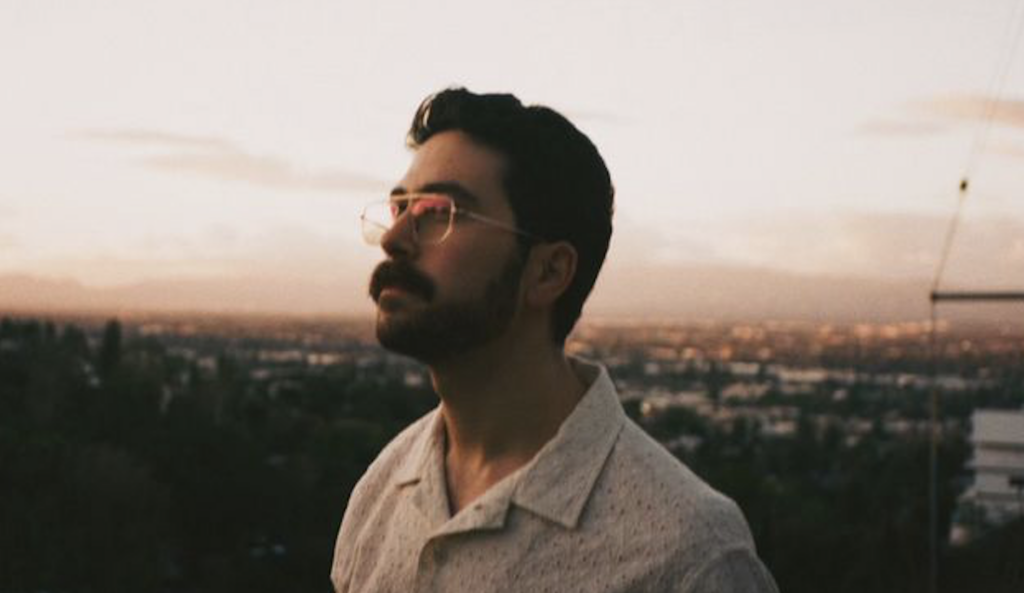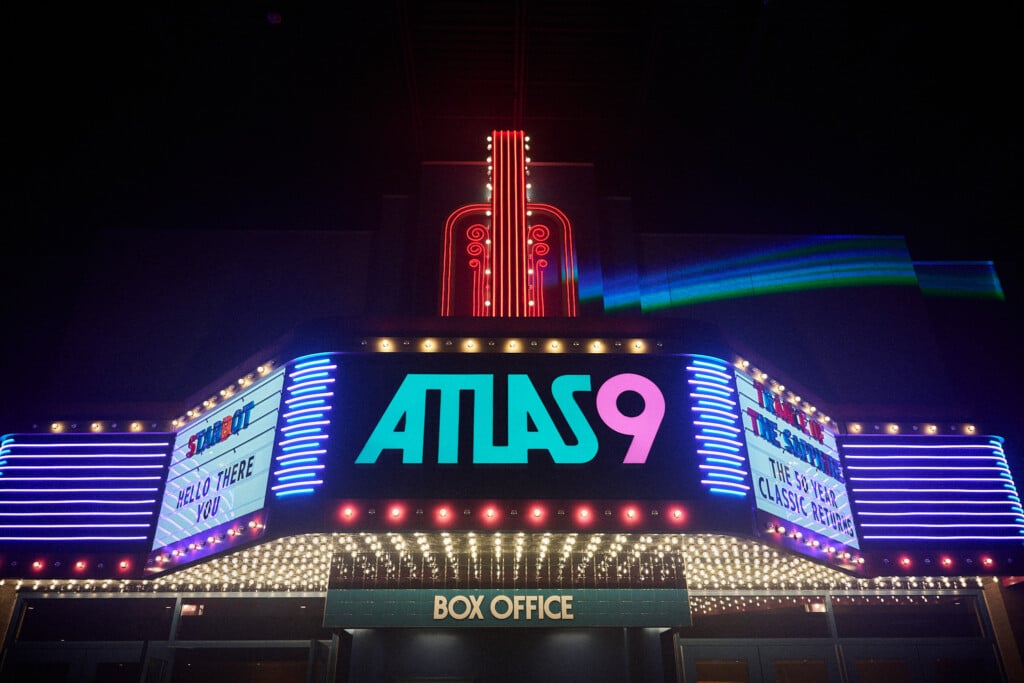Black Forest
Terry Gilliam’s previous film featured the former Monty Python troupe member as an eccentric, demanding director prone to destroying his ambitious projects before a single frame of footage could be shot. “If it’s easy,” he says in the movie, “I don’t do it.” Alas, this was not a work of fanciful fiction made by the beloved (and, by studio bosses, feared and loathed) director of Brazil and Twelve Monkeys but one in which he starred as himself: Lost in La Mancha, the 2003 documentary about the cratering of Gilliam’s long-in-the-making, short-in-the-breaking The Man Who Killed Don Quixote. It will go down as perhaps the ultimate Gilliam movie — a heartbreaking tale about a well-meaning man doomed by his delusions.
Gilliam is spinning like a top over his first film in seven years, bad-mouthing Dimension Films boss Bob Weinstein for interfering with the making of the long-delayed The Brothers Grimm. Like a wide receiver with bad hands, Gilliam is claiming interference before the pass has been thrown. Weinstein replaced the director’s star, Samantha Morton, with a lesser-known, though perhaps more marketable pretty face (Lena Headey). Weinstein kicked off Gilliam’s cinematographer, Nicola Pecorini, with whom Gilliam made his most recent turkey, Fear and Loathing in Las Vegas, and his upcoming Tideland. And Weinstein slashed the budget. Not in a long time has something arrived in theaters so … doomed.
At least The Brothers Grimm does not disappoint. It gives off a pungent odor for something so forgettable. Imagine if someone had remade Ghostbusters but set it in the same forest where Hansel and Gretel were kidnapped, then cast Matt Damon as a fairy-tale writer with an English accent and spent the catering budget shooting it. Sound good to you? Of course not — an obvious fact that somehow eluded the attention of Gilliam and screenwriter Ehren Kruger. (Kruger’s other new film, The Skeleton Key, shares the essential text of The Brothers Grimm — something to do with the stealing of souls to guarantee immortality for hoodoo priests and evil queens.)
The whole film, set in Napoleon-controlled Germany during the early 1800s, looks as though a fine sheen of muck covers what appears to be a studio-lot forest in which tree roots flop around like puppet-show tentacles. It’s easily the ugliest film Gilliam has ever made, a movie shot with a lens someone forgot to wipe. It’s also his loudest, with every scene amped up to 11 and every line of dialogue delivered as though it’s a cry for help from the bottom of a well. The movie works hard to entertain, but all you’re likely to notice is the flop sweat beading on its upper lip.
At this point, is it even worth it to tell you the story? Cynical Will Grimm (Matt Damon) and true-believing brother Jacob (Heath Ledger) travel the cloudy countryside in search of villages in need of exorcising. They pose as demon-busters and, with their two compadres (The Office‘s Mackenzie Crook and Richard Ridings), stage a capture with a ghostly prop. One day, French governor Delatombe (Brazil‘s Jonathan Pryce, reminding Gilliam fans of better days lost) snatches the lads and forces them to do their shtick in a village where kiddies are being taken by an ancient, evil, imprisoned queen (Monica Bellucci) who needs the souls of the young in order to regain her youth and beauty (though apparently not her acting ability).
Gilliam has always been easy to admire, but his movies have grown harder to adore. They’re too manic, too desperate, more out of control than inventively wild. This one, especially, feels like an amateur’s parody of Gilliam; you can hear the sound of self-congratulatory giggles in Damon’s half-assed accent, Ledger’s half-mad moping and Peter Stormare’s Chico Marx bark as the bonkers Italian sidekick to Pryce’s limp, lisping leader. Even its fractured-fairy-tale setup is old news by now, having been better covered in the likes of Shrek and its superior sequel. This is grim stuff indeed.




